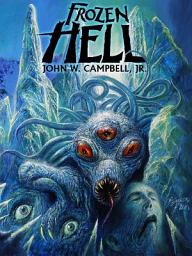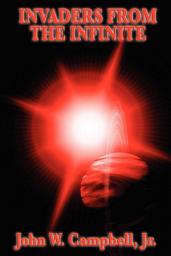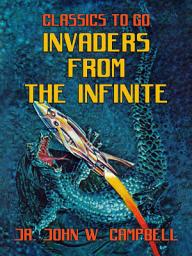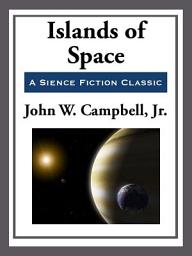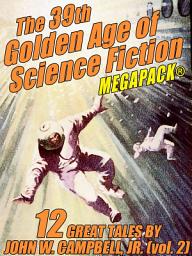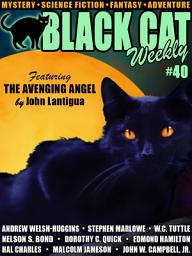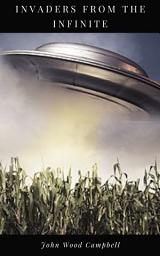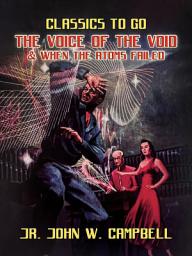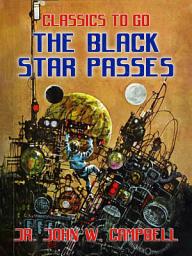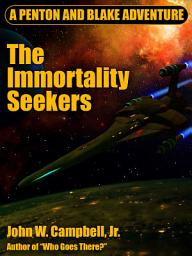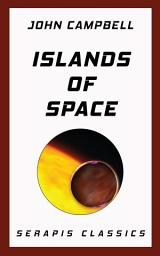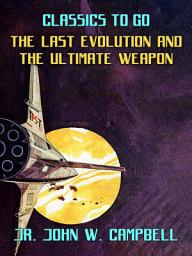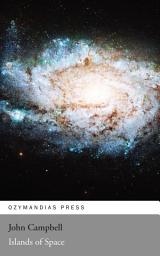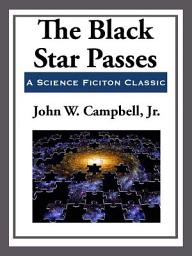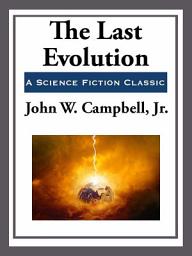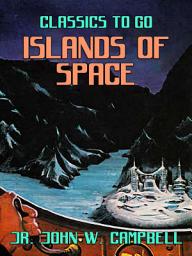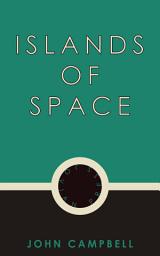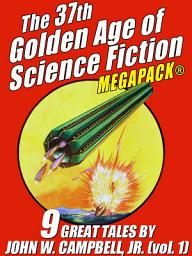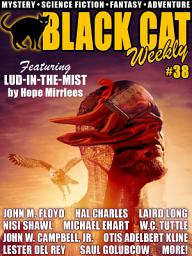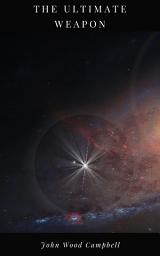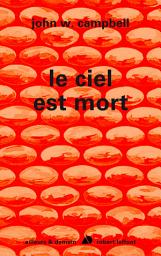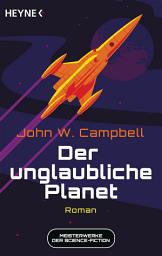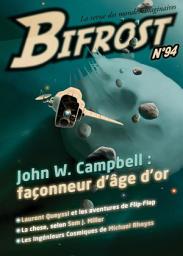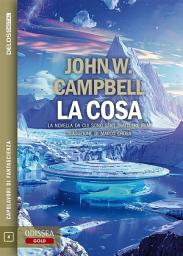John W. Campbell
John W. Campbell Jr. (1910-1971) was a towering figure in the world of science fiction, both as an author and as the influential editor of "Astounding Science Fiction" (later "Analog Science Fiction and Fact"). Born in Newark, New Jersey, Campbell's early works, written under his own name and the pseudonym Don A. Stuart, helped shape the genre's Golden Age. His stories often explored complex scientific concepts and human ingenuity, pushing the boundaries of speculative fiction. However, Campbell's most enduring legacy lies in his editorial career. Taking the helm of "Astounding" in 1937, he revolutionized the genre by nurturing a generation of writers who would become legends in their own right, including Isaac Asimov, Robert A. Heinlein, and Arthur C. Clarke. Campbell's insistence on scientific accuracy and intellectual rigor elevated science fiction from pulp escapism to a respected literary form. Controversially, Campbell's later years were marked by contentious views on race and pseudoscience, including his support for Dianetics, the precursor to Scientology. These stances have sparked ongoing debates about his complex legacy. Despite this, his impact on science fiction is undeniable, as he championed revolutionary ideas and fostered a community of writers who expanded the genre's horizons. Campbell's influence persists in contemporary science fiction, where his emphasis on scientific plausibility and narrative depth continues to inspire writers and readers alike. His life and work remain a testament to the transformative power of visionary storytelling.
Ebooks
